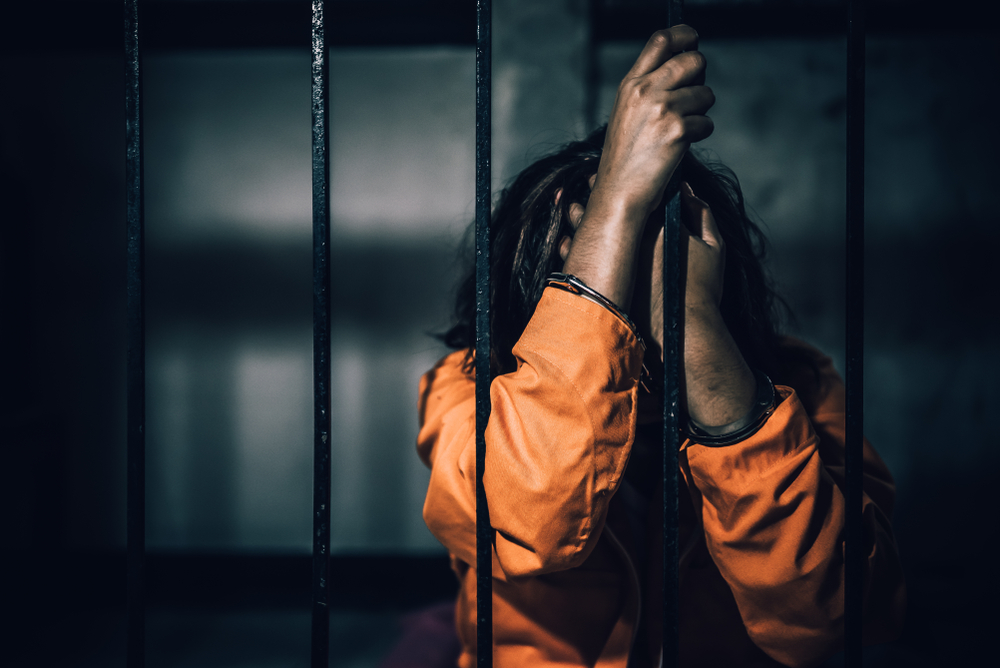The recent death of Charizma Jones at Rikers Island has intensified scrutiny of New York‘s troubled jail system, laying bare deep-rooted issues in prisoner health care and oversight.
A preventable tragedy unfolds
Jones, who was serving time for assault, succumbed to complications from untreated scarlet fever on May 4, according to AP News. Medical records reveal a disturbing pattern of neglect, with correction officers blocking medical personnel from accessing her cell six times before her death.
Fellow inmates attempted to provide basic care, applying ice to her feverish body and supporting her head as she lost consciousness. Their desperate activation of emergency alarms went unheeded as Jones’s condition deteriorated.
A pattern of institutional neglect
After Jones finally reached the infirmary, staff continued to isolate her despite severe symptoms including vomiting and organ failure. This treatment occurred against the backdrop of Rikers’ documented history of health care failures and staff misconduct.
The facility’s problems extend beyond individual cases. A November 2024 Manhattan court ruling declared that Rikers Island subjects incarcerated individuals to “unconstitutional danger,” validating years of complaints about substandard conditions.
Progress toward reform faces obstacles
New York’s 2019 mandate requires Rikers’ closure by 2027, with plans to replace it with four modern facilities. However, Jones’s death highlights the urgent need for immediate changes in medical care protocols and staff accountability.
The tragedy has galvanized reform advocates who argue that incremental improvements are insufficient. They emphasize the necessity of fundamental changes in how the criminal justice system approaches health care and human dignity.
Key issues demanding immediate attention include:
- Medical response protocols that prioritize patient care over arbitrary security measures
- Enhanced oversight of healthcare delivery within correctional facilities
- Improved staff training on recognizing and responding to medical emergencies
- Clear accountability measures for staff who impede medical care
The loss of Jones represents more than an individual tragedy. It serves as a powerful catalyst for transforming a system that has failed too many for too long. As New York moves toward closing Rikers Island, her story underscores the human cost of delayed reform and the critical importance of immediate action to prevent future deaths.
The challenge now lies in translating outrage into meaningful change, ensuring that Jones’s death marks a turning point in how society treats its incarcerated population, rather than becoming another statistic in a long history of institutional failure.














